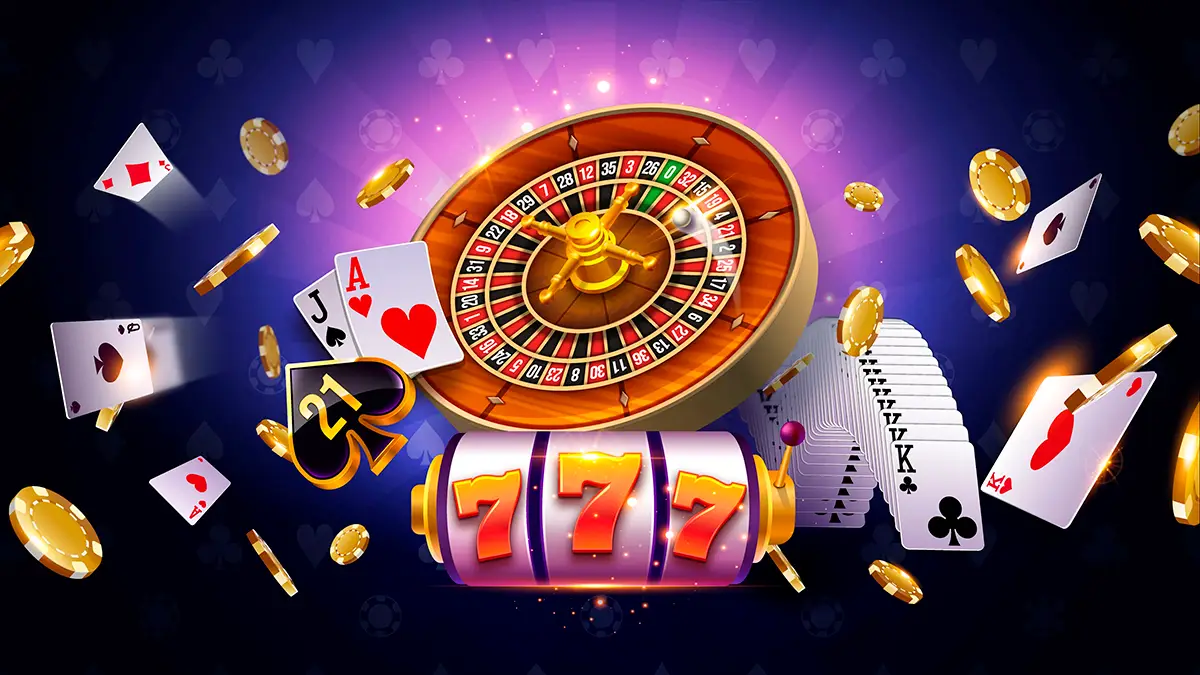The sphere of gambling requires utmost self-control. When participation in bets stops bringing pleasure and starts affecting the quality of life, many players consider how to delete their casino account.
Such a decision becomes part of a responsible gaming strategy in the casino, allowing to preserve finances, mental health, and control over the situation. Deleting a profile is not just exiting the system; it is a consistent legally significant process based on platform rules, licensing conditions, and user consent.
Reasons for quitting the game: psychological, financial, and legal
Motivation can vary from fatigue and loss of interest to concerns about addiction. Additionally, some users find it important to understand how to delete an account in an online casino to stop receiving promotional messages, remove access to deposits, and set a final limit on participation in the gaming process.
Abandoning the use of the platform not only helps to break contact with the interface but also eliminates intrusive triggers in the form of newsletters, notifications, and bonus offers.
Steps to completely delete an account
Understanding the internal algorithms of the system simplifies the task. The user must consider the features of the self-restriction program, the procedure for contacting customer support, and the possibility of regaining access.
The question of how to delete an account in a casino is related to how comprehensively the system considers legal norms — whether the operator is obliged to retain part of the information and how final the block will be.
Deletion request: the technical side of the issue
The most correct way is to send an official letter through contact forms or the support email address. Many platforms require verification before executing the closure command — in such cases, additional profile confirmation, document copy provision, or feedback may be required. Of course, if the issue is urgent, one can request to permanently block the casino profile without the possibility of recovery.
Actions to take before deletion
Before proceeding with profile liquidation, it is recommended to complete all financial and operational procedures. This especially applies to fund withdrawals, cancellation of active bets, resetting limits, and disabling promotional newsletters.
Only after that can the possibility of final deletion be considered. The question of how to delete an account in a casino in this case is not limited to just the technical aspect — it encompasses interaction with the platform at the level of rules, conditions, and agreements.
What is important to do before deleting an account in a casino?
Before contacting the operator, it is recommended to go through a preparatory stage. It simplifies the process and reduces the likelihood of deletion refusal:
- withdraw all funds from the main and bonus balance;
- close active bets and finish participation in tournaments;
- deactivate subscriptions to ads, push notifications, email;
- request personal data export if the platform allows;
- record the date of contact and save correspondence with customer support.
Such profile pre-cleaning guarantees security, legal transparency, and helps maintain control over the account, even if the operator insists on retaining some information.
When to use the self-restriction function?
For those not ready for complete deletion but in need of access restriction, temporary blocks or action limits can be applied. The responsible gaming function in the casino becomes a powerful tool in combating excessive gambling activity.
Several options are available here — deposit limits, prohibition on participation in certain platform sections, setting a temporary ban on profile login. The approach where a user consciously requests to close the casino account for 30, 90, or 180 days is often used as a step before full liquidation.
How to delete an account in a casino through customer support?
Some platforms do not provide the option to delete independently, even if there is a corresponding item in the personal account. In such cases, the request must be directed through support, where it will be necessary to specify:
- name and login on the platform;
- date of last activity;
- goal — to delete or block the casino account;
- refusal of ads and personal data processing.
After receiving confirmation, the account can be considered closed, but it is necessary to periodically check if newsletters have been resumed or default balance access has been opened.
Account deletion and impact on player history
Even after profile closure, some data may remain in the database — according to licensing rules, operators are obliged to retain part of the client’s history for a specified period. This especially concerns information about deposits, verification, and betting activity.
For this reason, the question of how to delete an account in a casino is sometimes limited to the framework of “temporary deactivation.” However, with a clear formulation and reference to the right to data deletion according to the personal information law, many operators are cooperative.
What to do if the operator does not allow deleting the account?
In rare cases, the platform may refuse deletion, citing active bonuses or the need to retain logs. In such situations:
- refer to the right under the personal data protection law;
- point out the absence of obligations to continue using the account;
- demand deletion or anonymization of part of the information;
- use self-restriction functionality as an alternative to full blocking;
- contact a supervisory authority or the jurisdiction issuing the license.
A comprehensive approach allows defending the position, especially if the program does not comply with its own rules.
Why is it important to officially close the profile?
Ignoring the issue leads to the profile continuing to exist, even if the user has been inactive for a long time. This increases the risk of information leakage, reusing the account, unauthorized bonus accrual, or participation in promotional mailings.
Understanding how to delete an account in a casino helps avoid such situations, minimizing the digital footprint in the system.
Conclusion
When gambling ceases to be entertainment and becomes a problem, it is important to make a timely choice. The decision to delete an account in an online casino is not a weakness but a form of mature control over the situation. It includes rejecting gambling addiction, data protection, and stopping intrusive marketing.
Knowledge of how to delete an account in a casino shapes a culture of responsible attitude towards digital risk and strengthens the player’s role as a subject, not an object of platform algorithms.
 en
en  de
de  ar
ar  es
es  hi
hi  fr
fr  nl
nl  it
it  pt
pt  el
el 









